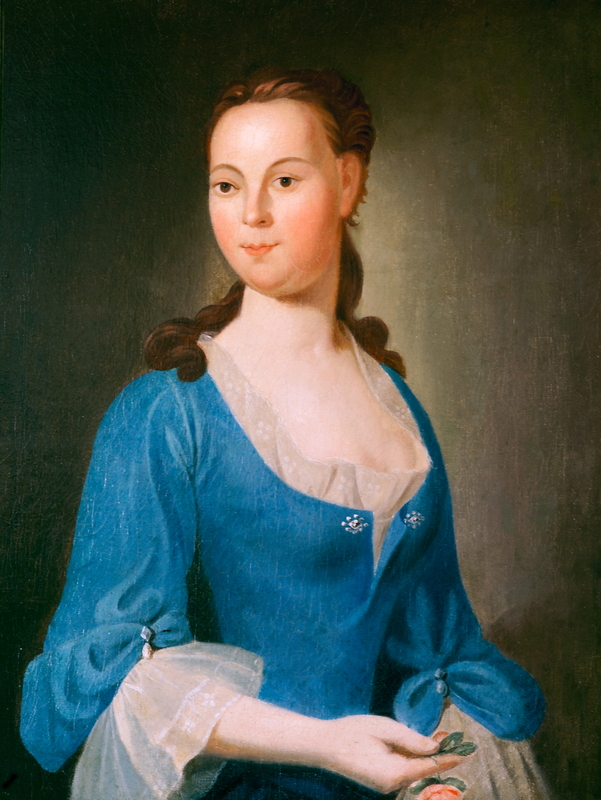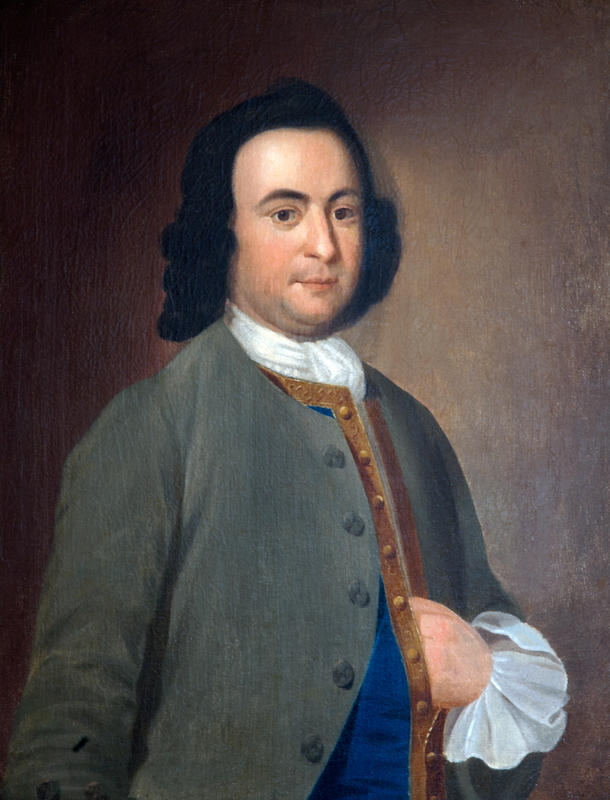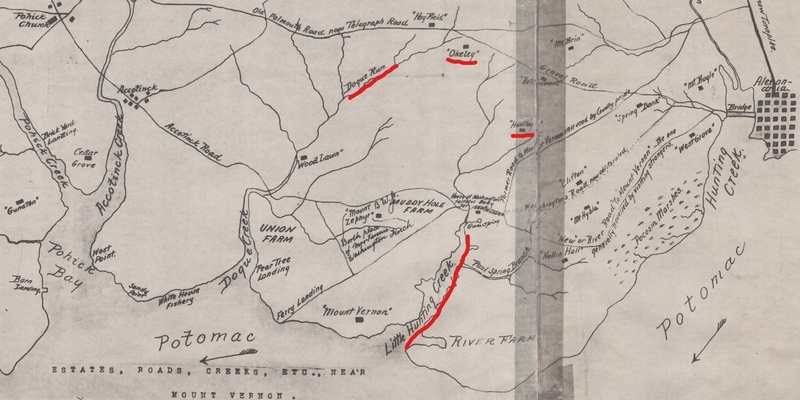Richard C. Mason and an Essay on Menstruation
Richard Chichester Mason (1793-1869) lived a long life as the indisputable grandson of George Mason IV. [1] Despite the prestige that came with this association, R.C. Mason is not so well known. The portraits of the esteemed founding father and his wife, Ann Eilbeck Mason, are a testament to this fact, for they survived while no portrait of our subject is readily available. To understand this man, one must frame him in the context of his environment. His pedigree, economic status, social position, and profession within a post-colonial America all serve to give us a broader understanding of who R.C. Mason was.
The most obvious fact to keep in mind is that R.C. Mason’s fortune was deeply intertwined with slavery itself. He inherited both land and slaves from his mother after her passing, which came as an addition to the inheritance he received from his brother.[2] By the 1830s, R.C. Mason owned over 800 acres and at least 19 enslaved people.[3]
Being so involved in the slave economy, it is unsurprising that Richard C. Mason also had ties to slave patrols.[4] He therefore contributed to the stalking, harassment, and terrorization of enslaved individuals who might seek each other or freedom under the cover of night. This involvement in local politics continued to expand with R.C. Mason serving as a delegate, then sheriff in Fairfax County.[5]
Despite his apparent wealth, R.C. Mason did live in debt. His own land and slaves were put up as collateral should these debts have gone unpaid, an amount that totaled to $3,665 in 1843.[6] In the end it was not debts but his allegiance to the Confederacy during the Civil War that cost him his fortune. In joining the Confederate as a doctor, R.C. Mason made himself a target to the eventually victorious Union.[7] The unintended consequence was the loss of both his land and slaves with his property instead being auctioned off to one William A. Duncan.[8]
To have a more complete understanding of R.C. Mason, it is equally important to factor in his involvement with the medical community. R.C. Mason graduated from the University of Pennsylvania before setting up his own practice.[9] His dissertation has survived when his manor, which was burned down, did not. It remains a valuable resource for understanding R.C. Mason’s economic, social, and intellectual influences within the 19th century.
[1] Anthony Guidone,“Mason Family Papers: The Digital Edition” (Mason Family Papers: The Digital Edition).
[2] Anthony Guidone,“Mason Family Papers: The Digital Edition” (Mason Family Papers: The Digital Edition).
[3] Anthony Guidone,“Mason Family Papers: The Digital Edition” (Mason Family Papers: The Digital Edition).
[4] Anthony Guidone,“Mason Family Papers: The Digital Edition” (Mason Family Papers: The Digital Edition).
[5] Anthony Guidone,“Mason Family Papers: The Digital Edition” (Mason Family Papers: The Digital Edition).
[6] Anthony Guidone,“Mason Family Papers: The Digital Edition” (Mason Family Papers: The Digital Edition).
[7] Anthony Guidone,“Mason Family Papers: The Digital Edition” (Mason Family Papers: The Digital Edition).
[8] Anthony Guidone,“Mason Family Papers: The Digital Edition” (Mason Family Papers: The Digital Edition).
[9] Anthony Guidone,“Mason Family Papers: The Digital Edition” (Mason Family Papers: The Digital Edition).


